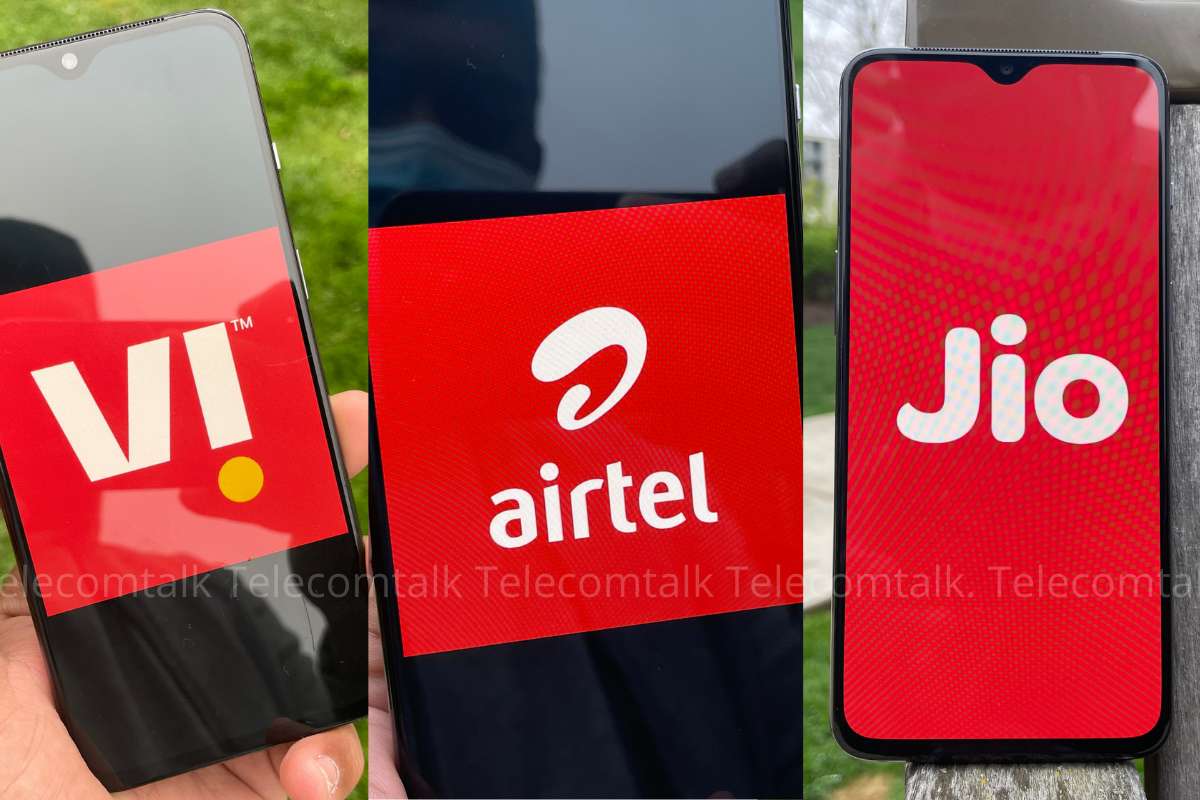
Bharti Airtel, Reliance Jio, and Vodafone Idea (Vi), the top three private telecom operators in India, have had a very constrained journey because of the uneasy policy environment in the telecom sector. However, all that is changing now. The telcos are getting plenty of help from the government, and the policies are evolving to help the sector. Spectrum sharing has been a topic that has not been too focused on. But it is an important aspect of the business as telcos spend thousands of crores on acquiring these airwaves. The telecom companies have always wanted better terms and capabilities for sharing unused airwaves with their competitors.
The Telecom Regulatory Authority of India (TRAI) will soon release a new consultation paper on dynamic spectrum sharing, reports ET. This would be to allow the telcos to monetise airwaves acquired through the auction and remove scenarios of the idle spectrum.
Dynamic Spectrum Sharing is a Kind of Leasing
So, there’s a difference between dynamic spectrum sharing and spectrum trading. With the dynamic spectrum sharing, the companies are kind of leasing the airwaves to the others on a real-time basis, allowing intra-circle rights.
Right now, the telcos can only share airwaves that both the operators have and are already using in the circle. This is not leasing. TRAI is reportedly looking to change that and is seeking recommendations from the industry and its stakeholders. This would enable operators such as Vodafone Idea (Vi) to increase revenues by leasing airwaves to their competitors.
The new framework would be a booster for the revenues of the telecom industry. It might also result in fewer scenarios of spectrum surrendering, which the Department of Telecommunications (DoT) has allowed now. DSS would actually be a new revenue stream completely, and the telcos will be definitely happy to hear this. Since the spectrum is a finite and scarce resource, it is the duty of the regulators and the government to ensure that it is not getting wasted.















